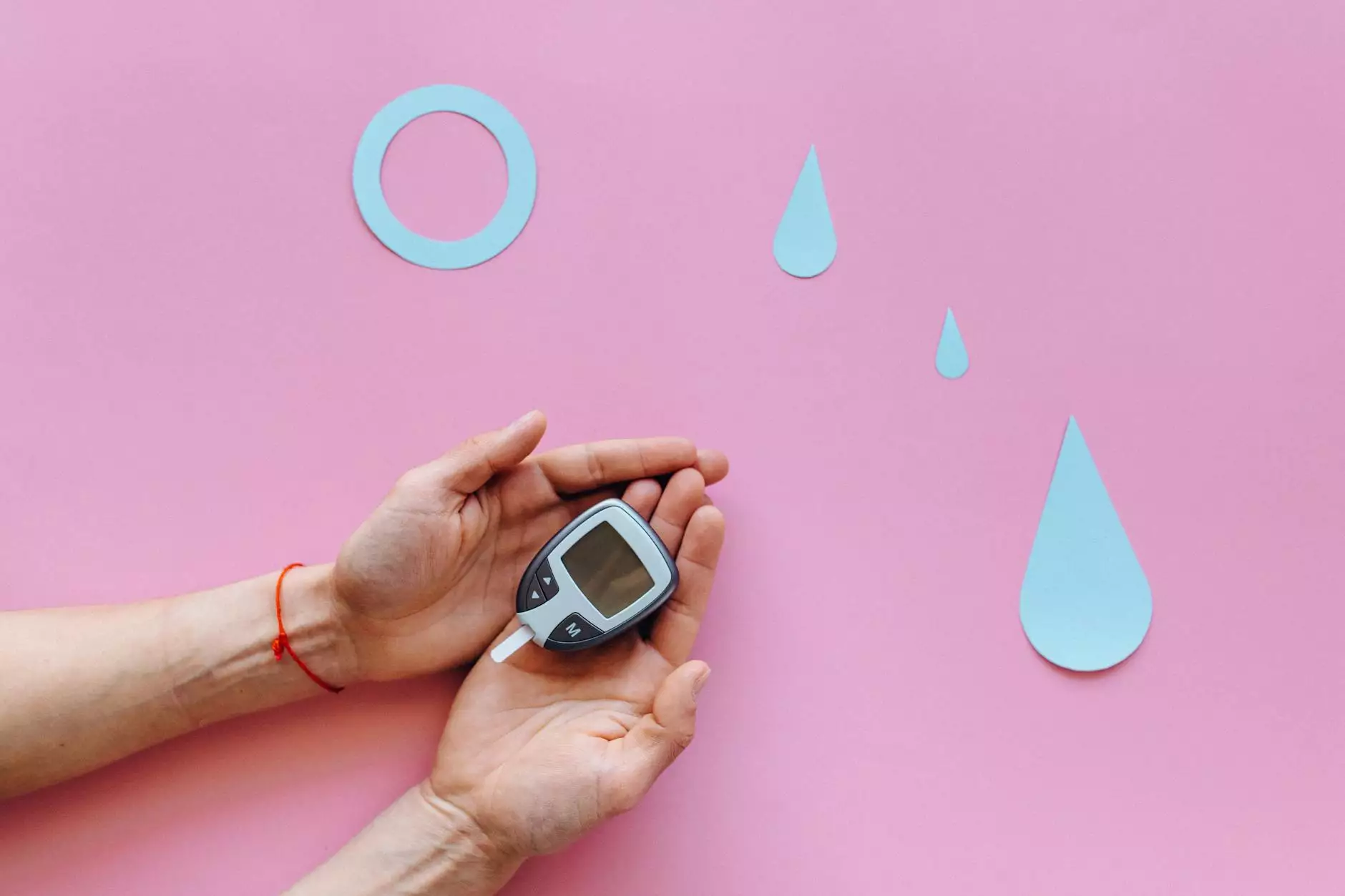Let's Talk About Prediabetes

Welcome to HGRBS' comprehensive guide on prediabetes. In this article, we dive deep into this condition that affects millions of people worldwide. Prediabetes is a warning sign that your blood sugar level is higher than normal but not high enough to be diagnosed as type 2 diabetes. Understanding prediabetes, its causes, risk factors, and management can empower you to take control of your health and prevent the progression to full-blown diabetes.
The Impact of Prediabetes
Prediabetes is a serious health condition that increases the risk of developing type 2 diabetes, heart disease, and stroke. If left untreated, it can lead to long-term complications such as kidney disease, nerve damage, and vision problems. Early intervention is key to preventing these complications and maintaining a healthy lifestyle.
Causes and Risk Factors
While the exact cause of prediabetes is unknown, various factors contribute to its development. Being overweight or obese, having a family history of diabetes, leading a sedentary lifestyle, and poor dietary choices all play a role. Additionally, certain ethnicities, including African Americans, Hispanics, and Native Americans, have a higher risk of developing prediabetes.
Prevention Strategies
Fortunately, there are several effective strategies to prevent or delay the onset of type 2 diabetes if you have prediabetes. A combination of healthy eating, regular physical activity, weight management, and avoiding tobacco use can significantly reduce your risk. Incorporating whole grains, vegetables, fruits, lean proteins, and healthy fats into your diet while limiting sugary beverages and processed foods is recommended.
Managing Prediabetes
Managing prediabetes involves making lifestyle changes to lower blood sugar levels and improve overall health. Regular exercise, such as brisk walking or cycling, can help reduce insulin resistance and lower blood glucose levels. Aim for at least 150 minutes of moderate-intensity aerobic activity every week spread over several days. Additionally, losing weight, if overweight, can greatly improve insulin sensitivity and decrease the risk of developing type 2 diabetes.
Treatment Options
While prediabetes does not typically require medication, your healthcare provider may recommend certain medications, such as metformin, if necessary. However, lifestyle modifications remain the cornerstone of treatment. Working closely with your doctor or a registered dietitian can help you create a personalized plan that includes a balanced diet, exercise routine, and regular monitoring of blood sugar levels.
Helpful Tips for Managing Prediabetes
Here are some additional tips to effectively manage prediabetes:
- Educate yourself about prediabetes and its complications.
- Monitor your blood sugar levels regularly.
- Keep a food diary to track your eating habits.
- Seek support from family, friends, or support groups.
- Make gradual, sustainable changes to your lifestyle.
- Stay consistent with your healthy habits.
By implementing these strategies and adopting a proactive approach, you can prevent or delay the onset of type 2 diabetes and lead a healthier life. Remember, prediabetes is a wake-up call, and the positive changes you make today will have a lasting impact on your future well-being.
Connect with HGRBS - Your trusted source for home and garden tips, advice, and resources.










